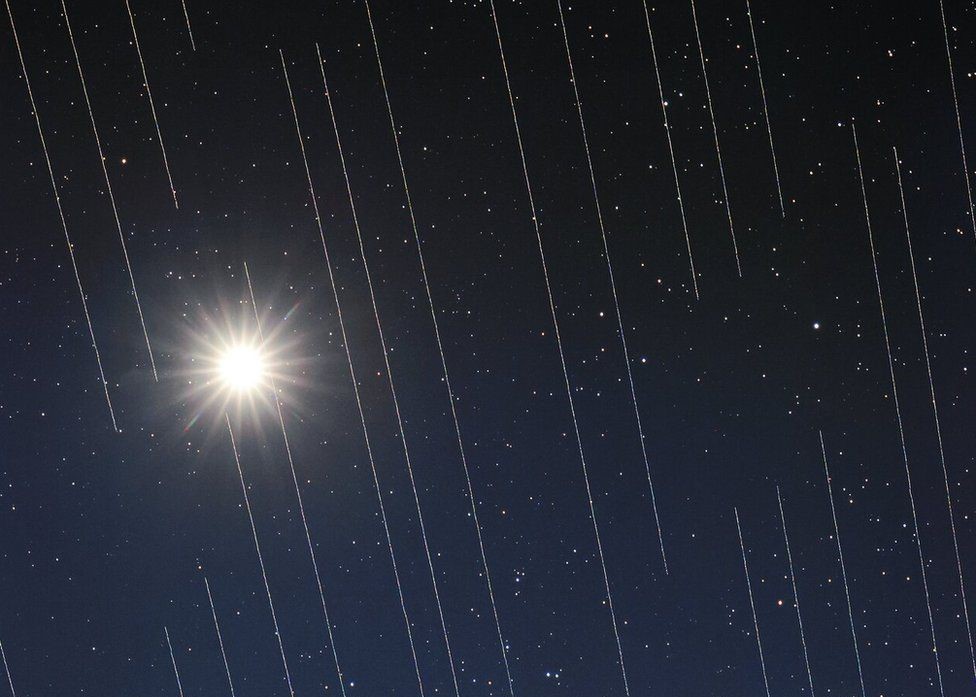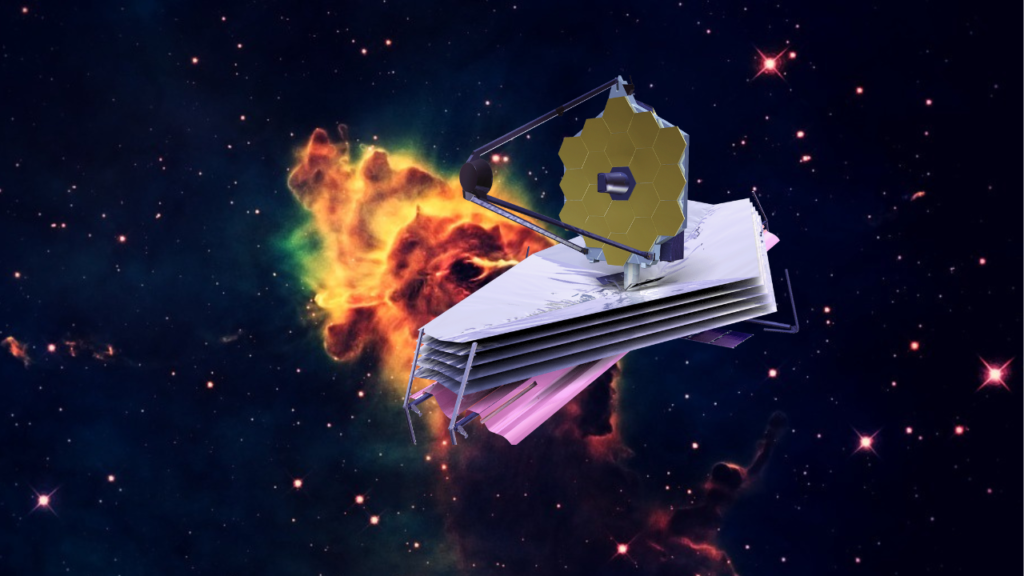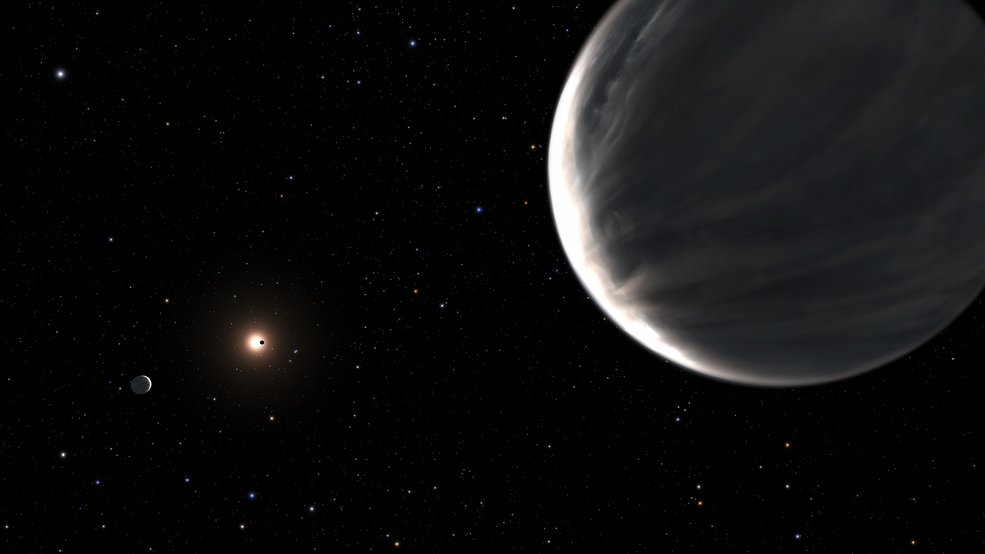The African Telecommunications Union (ATU) and the European Conference of Postal and Telecommunications Administrations (CEPT) have formally proposed new agenda items for the upcoming 2027 World Radiocommunication Conference (WRC-27) for improved protection of radio astronomy from the harmful effects of satellite constellations.
“Securing an agenda item at the WRC is not easy, and this would be the first radio astronomy agenda item for over a decade. It is a long process and requires the support of many groups and nations. Radio astronomers are organised and united behind the need to act, owing to the rapid proliferation of large satellite constellations in the last couple of years, and we have seen growing momentum on this issue in recent months,” stated Busang Sethole, Spectrum Engineer at the South African Radio Astronomy Observatory (SARAO).
Furthermore, more than 50,000 satellites will be deployed in low Earth orbit by 2030, posing significant challenges for astronomers. Some major observatories benefit from radio quiet zones and some designated geographical areas safeguarded by national legislation. Within these zones, extensive segments of the radio spectrum are regulated to govern various terrestrial radio transmitters. However, radio quiet zone laws do not apply to satellites, which can impact vast terrestrial areas and disrupt observations within radio quiet zones even when operating in neighbouring airspace.
South Africa, which hosts the MeerKAT telescope, has led the efforts within the ATU to study the situation further. The ATU’s proposed agenda item for the WRC-2027 will address the international protection of radio-quiet zones.
“For decades, the Radio Regulations have protected radio astronomy by reserving specific frequency ranges for its use,” commented Waleed Madkour, Committee on Radio Astronomy Frequencies (CRAF) Frequency Manager. “The rules have not kept pace with recent changes in low Earth orbit, with the launch of thousands of new satellites quickly filling the sky.”
“Satellite constellations can benefit global connectivity, Earth observations, and navigation systems. However, they produce significant changes in the radio frequency environment in our quiet skies. The Satellite Constellation Interference (CPS) fully supports the initiatives to protect the radio sky at the ITU,” Federico Di Bruno, the Co-Director of CPS and the Lead Spectrum Manager at the Square Kilometre Array Observatory (SKAO) stated.
Nonetheless, radio astronomers in the Inter-American Telecommunication Commission (CITEL) have introduced a supplementary proposal to establish a system for registering radio quiet zones at the ITU Radiocommunication Sector (ITU-R). This proposal, presented during the Radiocommunication Assembly, yielded favourable results.
The joint African and European proposals for 2027 agenda items signify a unified endeavour within the radio astronomy community to elevate the matter to the highest international platform. In addition, astronomers and partner nations are seeking support to include these proposals in the upcoming WRC agenda. This initiative aligns with the ongoing deliberations at the UN Committee on the Peaceful Uses of Outer Space (COPUOS).
Credit: Space in Africa



